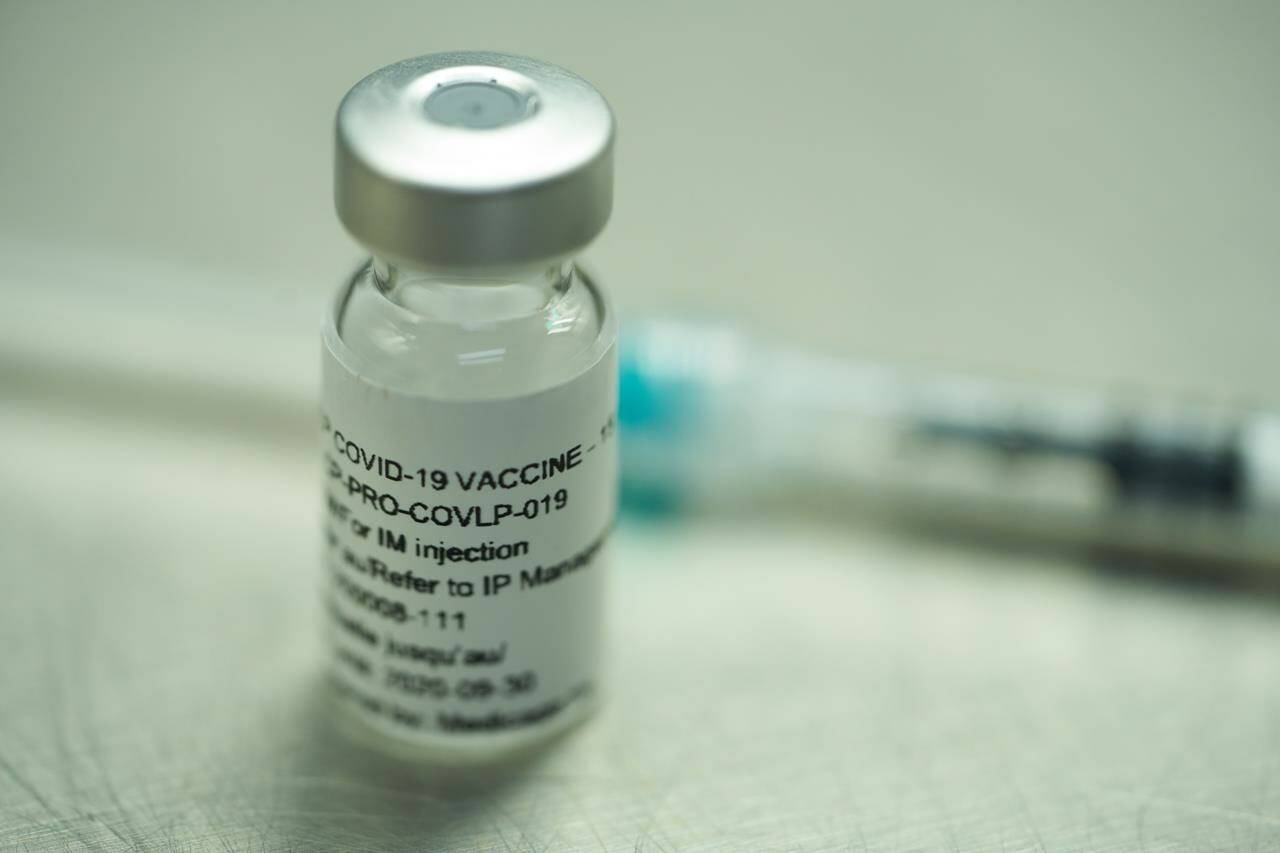The federal government has recovered $40 million of its investment in the now-defunct Quebec-based vaccine developer Medicago as part of a deal with the parent company, the innovation minister announced Thursday.
Medicago’s intellectual property will remain in Canada under a new firm as part of the agreement.
The government provided Medicago with $173 million in the early days of the COVID-19 pandemic to develop a plant-based vaccine in Quebec City and set up a facility to produce doses.
The Procurement Department also gave the company an additional $150-million non-refundable advance to get the production of the vaccine underway before Health Canada approved it.
Though Medicago’s vaccine was approved for use in Canada early last year, no doses of the shot were ever distributed.
Meanwhile, the World Health Organization rejected the vaccine due to the company’s ties with tobacco giant Philip Morris, which made it impossible for the product to be exported outside of Canada.
Philip Morris owned about one-fifth of the company until December 2022, just months before Medicago was shut down.
Japanese parent company Mitsubishi Chemical Group shut down Medicago’s operations in February as global demand for vaccinations plummeted.
The new agreement between Canada and Mitsubishi Chemical Group will transfer the research, intellectual property and equipment to a new operation: Aramis Biotechnologies.
That company, which was established by former Medicago employees in February, will also operate out of Quebec City.
Medicago’s technology is important to Canada’s life-sciences sector, Innovation Minister François-Philippe Champagne said in a statement. He said Canada worked to keep the workers and expertise in Quebec.
Canada’s COVID-19 vaccine deal with Medicago, including the $150-million non-refundable payment, came under scrutiny this week at the House of Commons health committee.
The government agreement to buy the company’s vaccine was struck in 2020 as the government was casting around for as many promising vaccine options as quickly as possible, Andrea Andrachuk, a director general at the Procurement Department told the committee on Monday.
At the time, no COVID-19 vaccine was approved by Health Canada, and global competition for viable options was fierce.
A few months after Medicago’s operations were shut down, Canada and the company agreed to end the contract in an effort to manage the country’s oversupply of COVID-19 vaccines.
The company was also evidently struggling with “production challenges and delivery date challenges,” Andrachuk told the committee.
“In the termination by mutual consent, the government had no contractual right to request (a) return of the payment,” she said.
Opposition MPs questioned why Canada invested in the vaccine in the first place, given that they could’ve foreseen the WHO’s tobacco policy would prevent it from approving the company’s drug for emergency use.
Andrachuk said, at the time, the government was only focused on securing doses for Canadians.
Laura Osman, The Canadian Press

